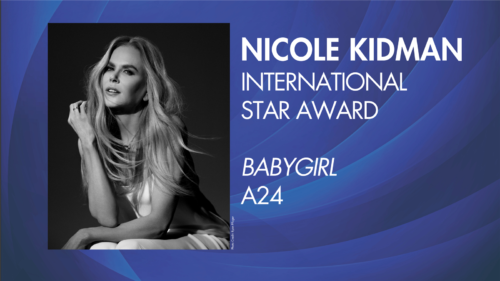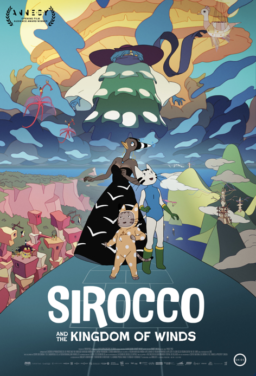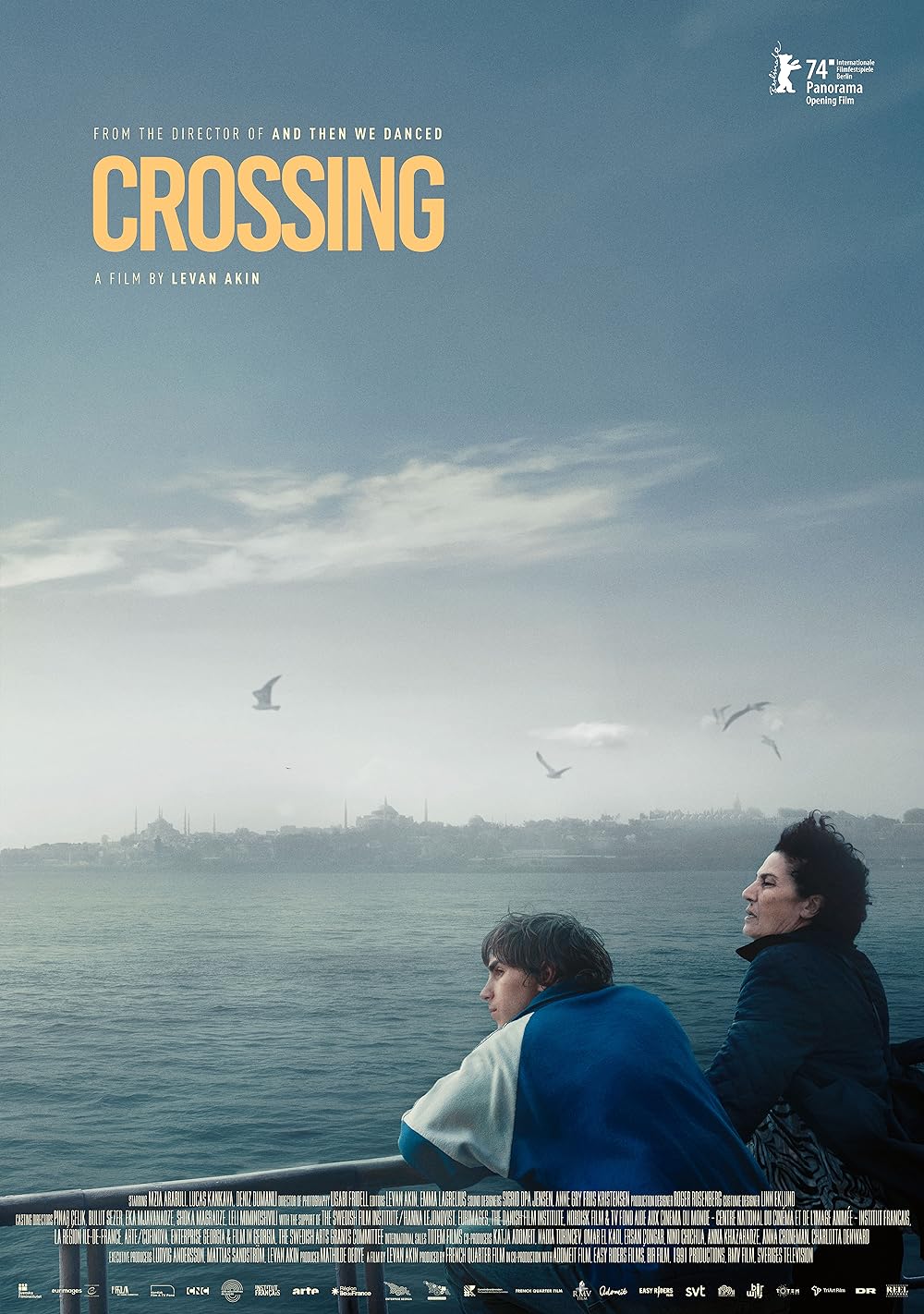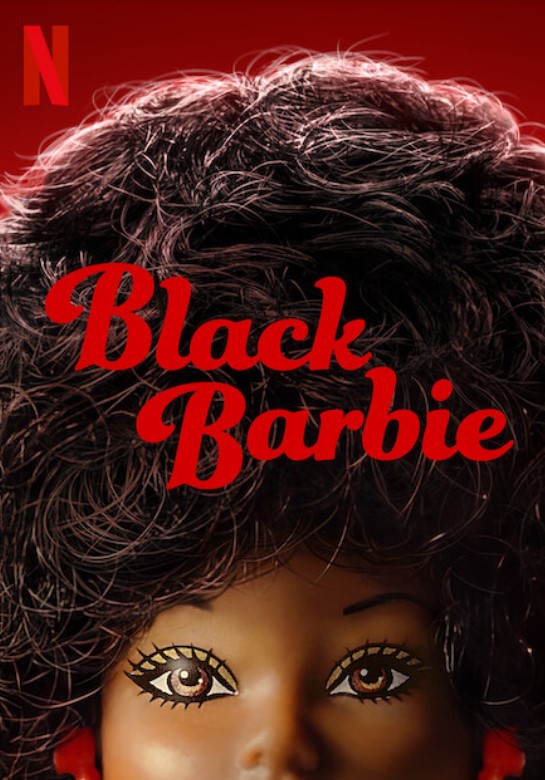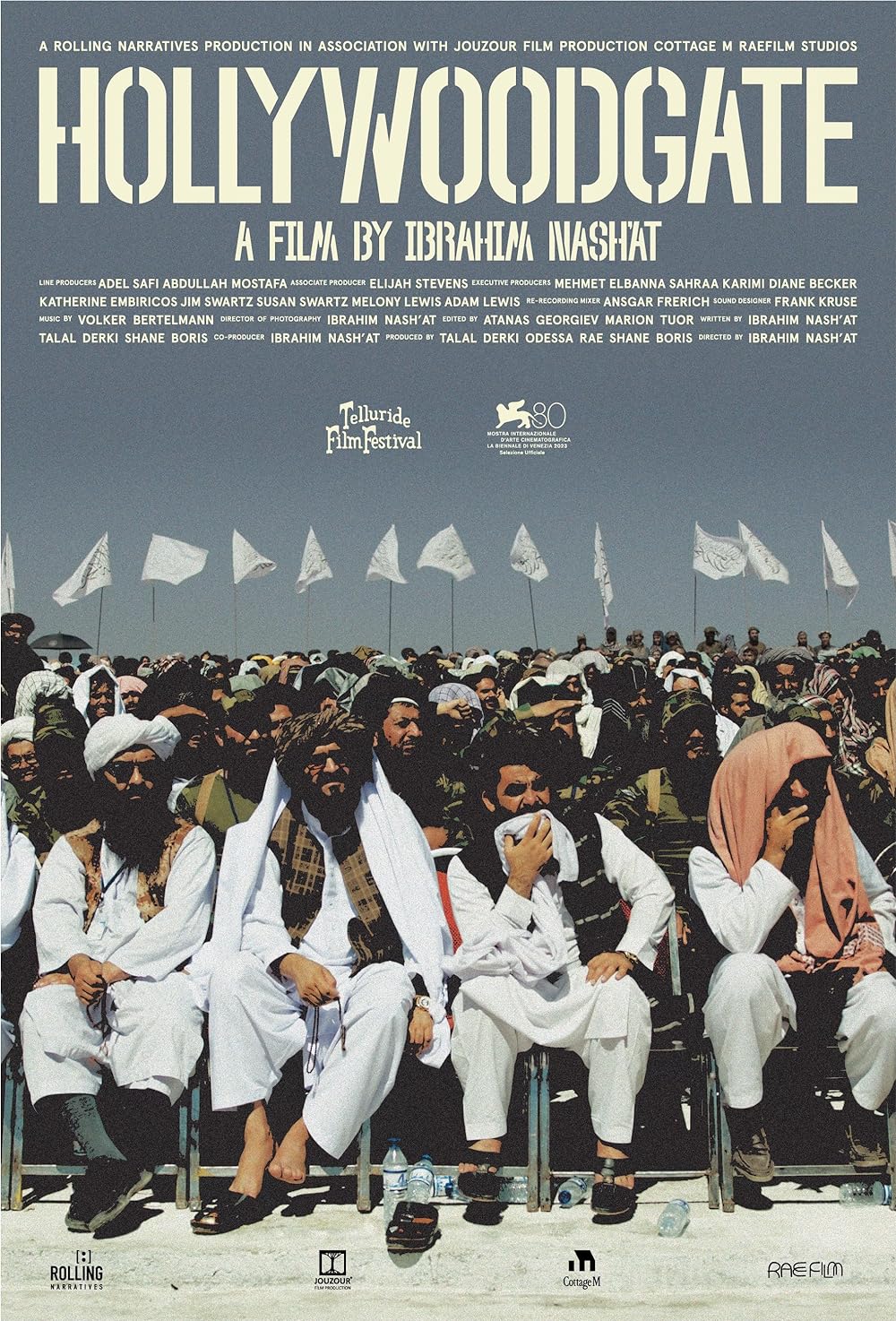A year ago, I wrote about the real challenges the Toronto International Film Festival has faced in trying to reclaim its spot at the top of the fall festival events. With the ascendance of both Venice and Telluride over the last decade, as well as the one-two punch of the COVID lockdown and the WGA/SAG strikes that deeply affected red carpet participation, 2023 proved that TIFF was at an inflection point. It lost its main sponsor, audiences were frustrated, and the caliber of World Premiering films, save for a select notable few, had dramatically diminished. With the likes of eventual Oscar nominees like "Poor Things," "Maestro," and "Ferrari" eschewing Toronto altogether in favor of splashy premieres at other fests, there was reason for concern about whether TIFF was to be relegated to a second-tier for good.
While not everything was perfect in 2024, there was reason to be more optimistic during this year's festival. First, most major titles made their way, perhaps not as World Premieres, but at least being showcased for the audiences, media, and industry professionals here. Save for notable exceptions like "Joker: Folie à Deux," the sequel to the Golden Lion winner, or "Maria," Pablo Larrain's final chapter in his powerful female figure triptych, most of the big films also bowed here.
A good example of this move is Jason Reitman's "Saturday Night," a surprisingly effective and frankly brilliant take on the hours leading up to the premiere of "SNL." Told with a breathlessness that's positively exhilarating, the film debuted in Telluride and then was a late addition to the Toronto slate, proving to be a big audience favorite. Given the Toronto connections in the story of Lorne Michaels and the Not Ready for Prime Time Players tale, as well as the Reitman family's direct connection to the festival (the very land that TIFF's headquarters stands on was donated by Jason's family), it would have been an absolute travesty if the film had skipped this event.
The genuine World Premieres were a mixed bag, but certainly a tremendous bump from last year. Save for "American Fiction" and "His Three Daughters," we were largely inundated by middling at best works in 2023, egregious films by actors-turned-directors, selected in a hapless attempt to bring some stars to the carpet under a loophole (the DGA had settled their dispute, allowing the filmmakers to attend even if also part of the SAG/WGA fold). In the end, there were bad films selected, and most of the actor/directors didn't bother showing up anyway, making a debacle of the entire enterprise.
This year saw the bow of "The Life of Chuck," an adaptation of Stephen King's novella, which is told in reverse chronological order and is both uplifting and genuinely moving. It's a tremendously mature work from Mike Flanagan, and the horror maven's adaptation of one of King's most emotionally rich tales connected with audiences, taking home this year's People's Choice Award. The runners-up, Cannes faves "Anora" and "Emilia Pérez," were also films that brilliantly mixed various genre elements with strong character beats, providing narrative richness and nuanced takes balancing moments of joy and deep pain.
Canadian films got a chance to shine during this internationally-focused event as well. Mathew Rankin's Cannes winner "Universal Language" finally gave local audiences a chance to experience its wonders, and the team behind it took home one of the cash prizes at the fest for best Canadian film, with Sophie Deraspe's "Shepherds" also being awarded. Kaniehtiio Horn's "Seeds" was one of the more accomplished films in the slate—this mix of social comedy with horrific thrills will find an audience on the festival circuit long after its debut.
Documentaries habitually shine here at TIFF, and this year was no exception. While the prizes went to local fare, such as the Amazon show "The Tragically Hip: No Dress Rehearsal," there were plenty of others to choose from. Steve Pink's "The Last Republican" is exceptional, a genuinely warm conversation between the director and Adam Kinzinger, showing that their disparate political outlooks can be navigated thanks to their shared humor and humanity.
Neon's "Men of War" is a tremendously cinematic tale of a former Green Beret who bungles a South American coup. Morgan Neville's "Piece by Piece" provides a Lego-fied telling of Pharrell's musical journey, resulting in one of the unique blends of non-fiction and spectacle of all time.
Another late addition, "The Bibi Files," screened as a work in progress, with director Alexis Bloom and producer Alex Gibney in attendance. The film incorporates leaked video testimony from the current Prime Minister, his wife and son, as well as a number of powerful individuals, such as Hollywood legend Arnon Milchan, in this excoriating portrait of corruption and greed. While the screenings of this politically charged film went off without incident, as did the likes of Berlinale prize winner "No Other Land," it was another film that caused the most chaos.
After several well-received Ukrainian documentaries, "Russians at War," directed by Russian/Canadian Anastasia Trofimova, provides a unique glimpse into the lives of the soldiers on what for them is the Western Front. Not dissimilar to Erich Maria Remarque's novel about German soldiers in the Great War, Trofimova's film gives a welcome perspective at the level of the individual soldier. While certainly not flawless, with some elements worthy of more deep criticism, the film became not only the subject of mass protests outside the venue by supporters of Ukraine believing it to be mere propaganda (none of whom had seen the film), and even members of Trudeau's government excoriating the festival for playing the film at all. Screenings were eventually canceled due to security concerns, only to be then rescheduled for a few days following the fest within the confines of TIFF's own facilities.
The most vocal of the critical community was extolling the qualities of Brady Corbett's "The Brutalist" unabashedly. While its uneven second act and needlessly gratuitous late turn ruined some of the film's magnificent subtlety and grandeur, it remains one of the boldest cinematic visions of the year. While the likes of Coppola's fascinating yet flawed "Megalopolis" got to screen in all its IMAX glory after its Cannes bow, it was the animated "The Wild Robot" that not only took audience's hearts by storm during its world premiere here in town but also made more than a few jaded critics teary-eyed.
The red carpets were definitely buzzing this year compared to last, and patrons and general audience members noted significant improvement, far closer to the glories of the pre-COVID event than we've witnessed in a half-decade. As next year will celebrate the festival's 50th year and the introduction of a major industry market funded by tens of millions in government sponsorship, there's much to look forward to.
Yet there's still tenuousness for the future festival, with increasing prices, ticket-buying shenanigans, and a diminished interest for some that have become accustomed to streaming. Now more than ever, festivals provide a space where what's shown on the big screen is taken seriously, no matter how silly the subject matter and the sense of both community and congregation is vital to the entire experience.
In 2024, the state of the TIFF union is stronger but still very much getting its footing back after years of struggle. There's a greater sense of optimism, and some terrific films showcased or debuted here to hundreds of thousands of patrons. At one of the biggest public film festivals in the world, there's truly something for everyone. Long may that continue, and may this year's momentum maintain and not simply be a blip before reality once again comes crashing down.


